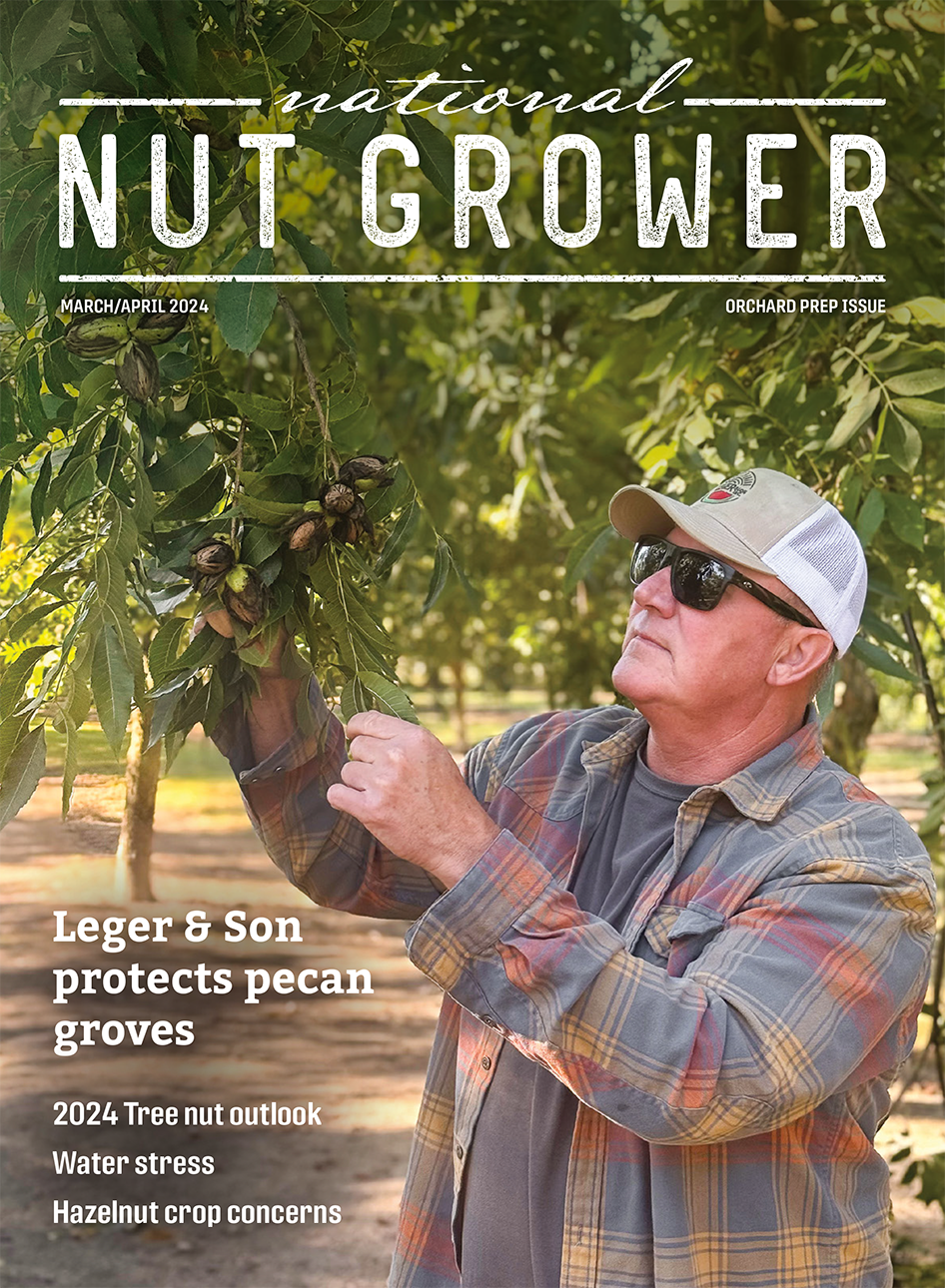Apr 23, 2021USDA seeks proposals for innovative approaches to conservation on ag lands
USDA’s Natural Resources Conservation Service (NRCS) is seeking proposals through June 21 for On-Farm Conservation Innovation Trials (On-Farm Trials). On-Farm Trials, part of the agency’s Conservation Innovation Grant (CIG) program, feature collaboration between NRCS and partners to implement on-the-ground conservation activities and then evaluate their impact.
Incentive payments are provided to producers to offset the risk of implementing innovative approaches.
This program harnesses the expertise, resources and capacity of partner organizations nationwide to help NRCS boost natural resource conservation on private lands and support climate smart agriculture.
“USDA is a leader in using the latest science, research and conservation tools to reduce the impacts of climate change,” said Carlos Suarez, NRCS State Conservationist in California. “We’re doing our part in helping America’s farmers and ranchers conserve the natural resources we all depend on, like clean air and water, while supporting the health and resiliency of their operations for the future. Conservation Innovations Grants are an important tool in the development of new and innovative technologies and systems to support agriculture and conservation.”
A critical element of each On-Farm Trials project is the project evaluation. Partners must propose robust scientific approaches for their projects, resulting in data and analyses of the environmental, financial and, to the extent possible, social impacts of the trials.
NRCS will invest up to $25 million on On-Farm Trials in 2021. This total includes up to $10 million for the Soil Health Demonstration Trials (SHD) priority. The Soil Health Demonstration Trial (SHD) component of On-Farm Trials focuses exclusively on implementation of conservation practices and systems that improve soil health.
NRCS is seeking proposals that address at least one of the following four On-Farm Trial priorities:
· Climate-smart agricultural solutions;
· Soil health demonstration trial;
· Irrigation water management;
· Management technologies and strategies.
NRCS will accept proposals from the following eligible entities:
· Private entities whose primary business is related to agriculture;
· Non-government organizations with experience working with agricultural producers;
· Non-federal government agencies.
NRCS encourages proposal submissions from historically underserved entities and encourages all applicants to meaningfully include historically underserved producers in their On-Farm Trials proposal submissions. Historically underserved producers include those who identify as one or more of the following: American Indian, Alaskan native, Asian American, Black/ African American, Pacific Islander, and Hispanic/Latino. It also includes producers who are military veterans, low income or have farmed for 10 years or less. Proposals that include the meaningful participation of these producers receive priority consideration through the evaluation criteria.
In the past two years, NRCS has invested $50 million in 30 On-Farm Trials projects, including three in California. The On-Farm Trials component is distinct from the national CIG Classic competitive grants funding, which is used to support early pilot projects or demonstrations of promising conservation approaches and technologies. This year, NRCS will invest $15 million in the national CIG Classic competition, and more details will be announced in coming weeks.







